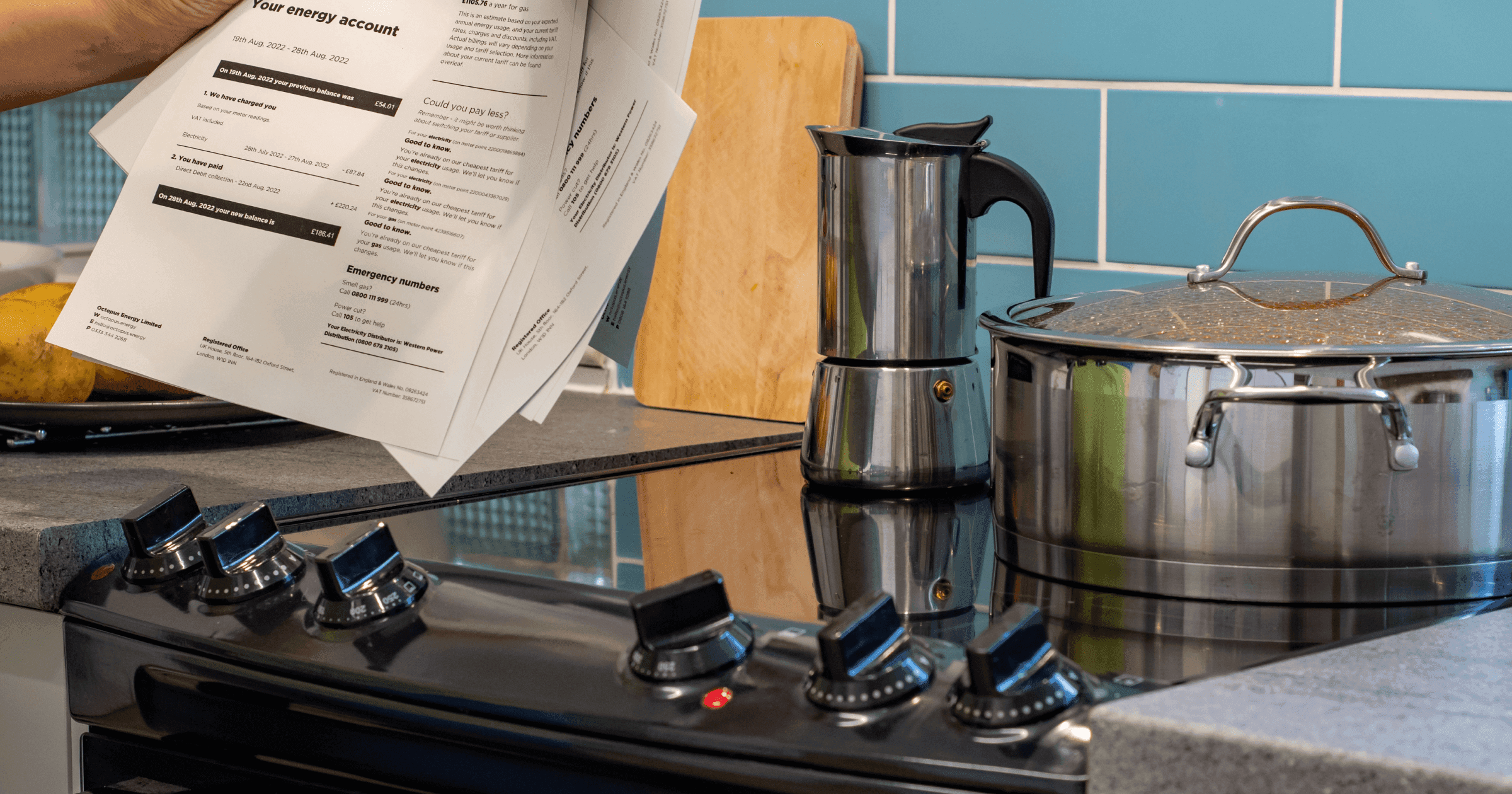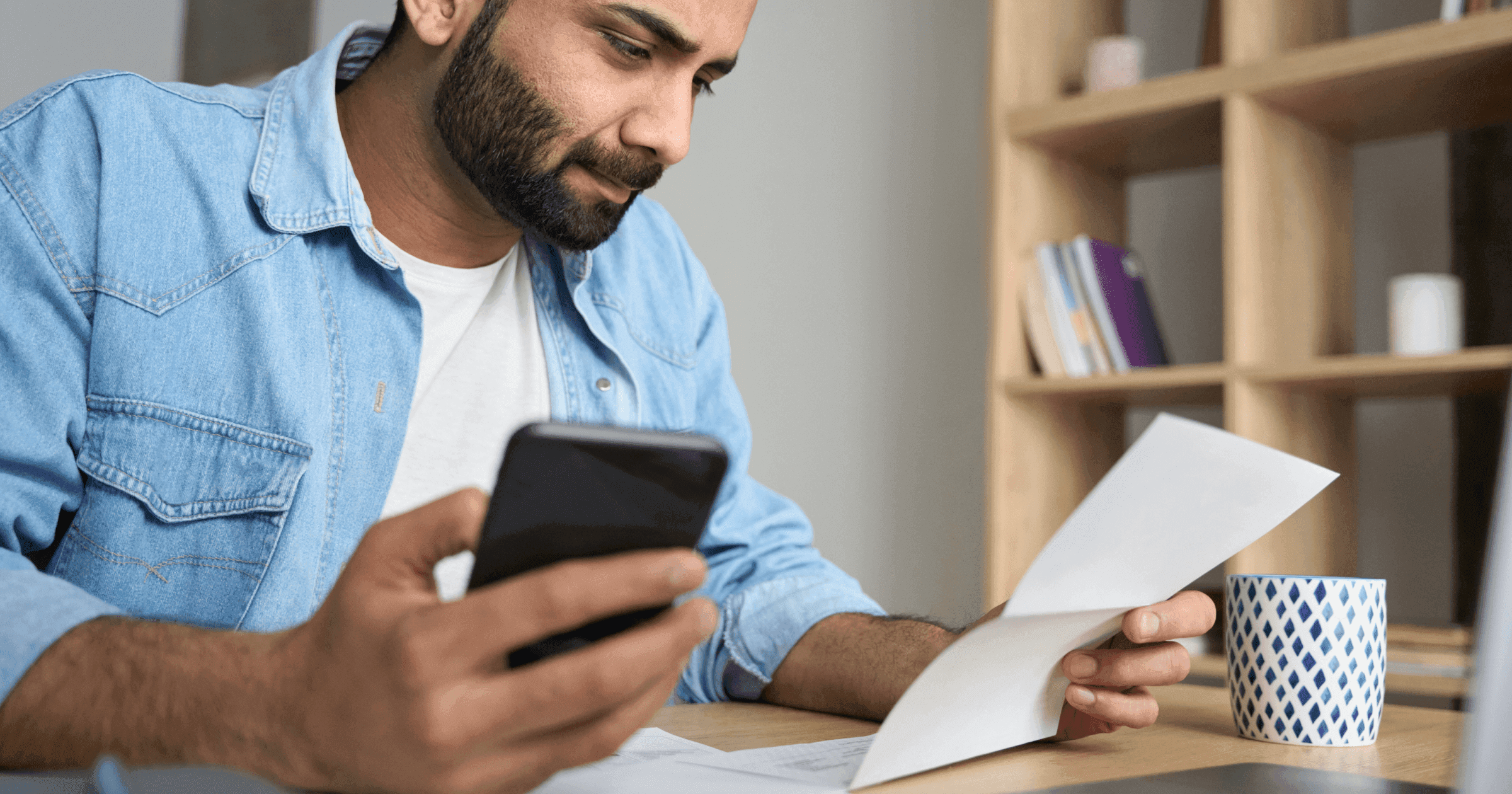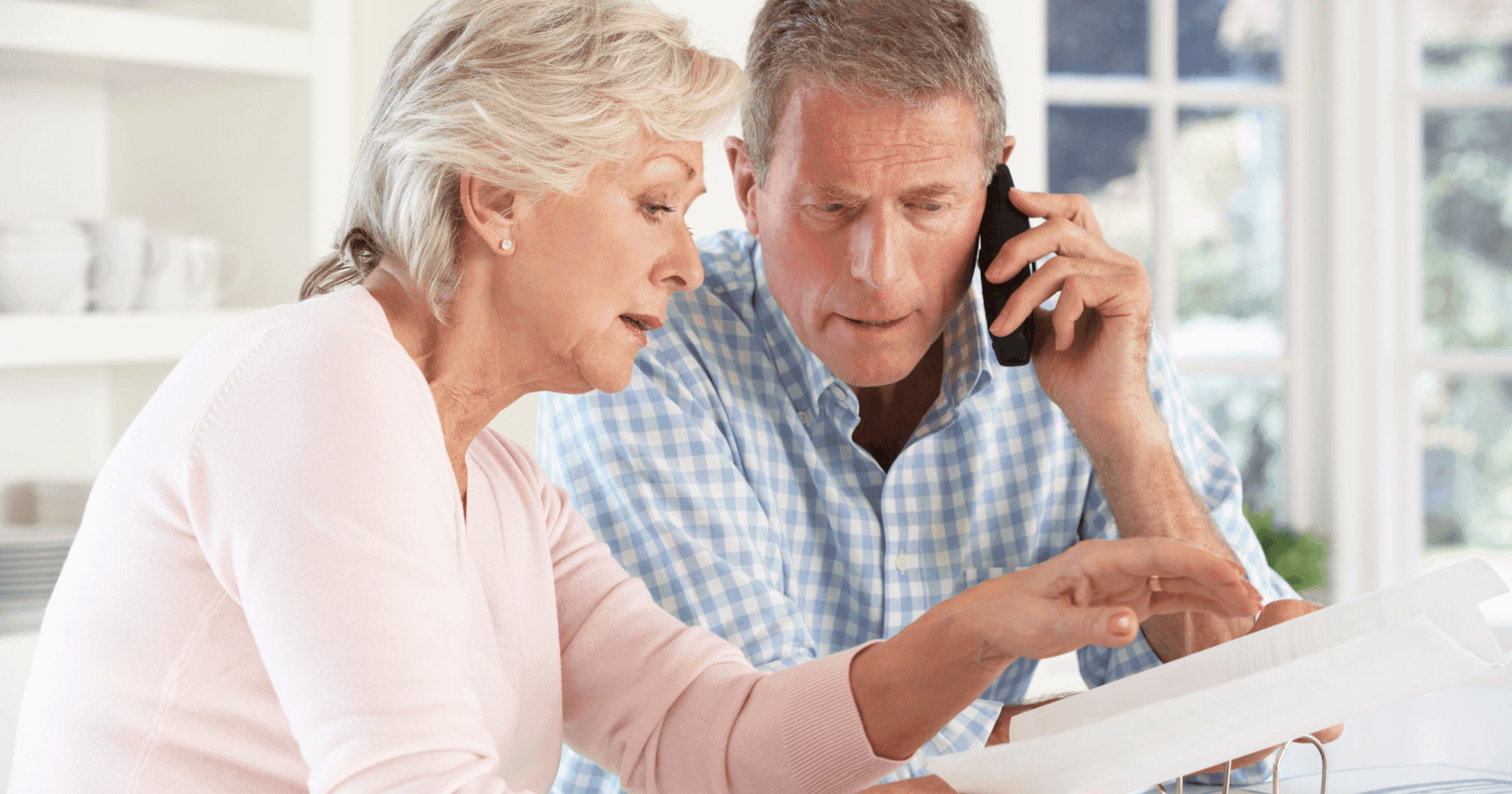As an expat in the UK, you need a place to live which means you also need to know what bills you have to pay, whether you rent a property or own one. Figuring out how to pay bills, online or in a physical outlet, might be a challenge. Read on to learn about how to set up gas and electricity bills in a new place, how to pay bills with a credit card online and what other payment options are available, what council tax is, and many more.
Utility bills
Energy: electricity and gas
Shopping for the best energy deal
Water
Council tax
Bill payments
Another great way to save money
Utility bills
A utility bill is a monthly/quarterly statement sent to a property owner or tenant by a company providing the so-called essential services of water and energy (comprising electricity and, for some properties, gas) supply. Broadband is also considered an essential service by many. Notably, utility bills can be used as proof of address, for example, if you need it in a bank or for a money transfer service.
Check out the full list of UK holidays 2024-2025 already available in our blog.
Energy: electricity and gas
In the UK, consumers can choose between dozens of energy providers to find the best-suited tariffs. It can be a single provider for both electricity and gas, or two different ones.
When you move into a new home, it is important to set up your gas and electricity bills on the first day. Locate your electricity and gas meters and write down the readings. Then you need to find out who your suppliers are (Ofgem, the industry regulator, explains how this can be done here). Notify them about your moving in and share the meter readings. Since you are the one responsible for paying gas and electricity bills now, you would want to avoid any confusion about the utility usage.
How to pay bills when moving out?
The procedure is similar: write down the readings on the meters, notify your supplier about the end of your tenancy, and share with it the meter readings and a forwarding address to which it can send your final bill for settlement.

Shopping for the best energy deal
The amount you pay for your energy consumption depends on several factors including your supplier, what tariff you are on, and how you pay your bills.
Unless you have signed up for a deal for a specific period, you can change your provider at any time with no charge. There are dozens of them, but the area you live in usually defines which ones are available.
Two basic types of tariffs are fixed and variable. With a fixed tariff the rate is set and does not depend on energy price changes on the market. Variable tariff means that the rate changes according to market price fluctuations. In addition, there are various optional arrangements, such as lower rates for off-peak hours, that affect the rate. Keep in mind that some deals may only be available to households with smart meters.
If you are determined to switch providers to reduce your bill payments, the abundance of choices can be overwhelming. Use a dedicated comparison service to find the best deal, such as Uswitch or Utility Switch. You can also arrange the change of provider through them free of charge.
Water
It is much easier to set up your water bill because there is only one supplier in any area. As with gas and electric bills, you need to immediately notify your provider as soon as you move in (you can find it here) and register as new customer. Most probably the property is on a standard tariff which is based on a government estimation of consumption and does not depend on how much water you actually use. However, some rented properties may be on a metered tariff, just like with electricity and gas. If this is your case, then to set up your water bill repeat the steps described above: find the meter, write down the readings, and share those with the supplier upon registration. The rates for the metered tariff are higher, but if your water consumption is responsible, this may result in substantial savings.

Council tax
If you own a property or rent it long-term, you need to pay council tax whose amount depends on property value and location. In England, for example, the average amount is between £1,100 and £3,300 a year, and the cost is usually divided into 10 monthly payments. Some property is exempt from the tax, and some people are exempt from the tax, while some, like single tenants, get a discount.
Bill payments
There are several answers to the question of how to pay bills in the UK. Below are the most common options, including the ways of how to pay bills online.
Direct debit. When you set up gas and electricity or any other bills to be paid through direct debit, a certain amount is automatically written off your bank account monthly or quarterly. Energy suppliers usually give discounts to those paying by direct debit, so it is a good way to save money, especially if you also need to take care of your family back home. If you are wondering how to pay bills online with little effort, setting up direct debits in your banking app is a great way to do it.
Payment on receipt of bill. In this case you pay once you receive your gas and electric bills. This can be done by cash or cheque. This is also an option for looking at how to pay bills with a credit card online. Keep in mind, however, that suppliers usually do not give any discounts for such customers, so you will pay more than by direct debit.
Prepayment meters. Some properties in the UK are equipped with prepayment (or ‘pay-as-you-go’) meters, and you have to pay for your energy consumption upfront. This can be done via a top-up card, token, online, or at various outlets such as post offices or kiosks that accept this type of payments.
Cash or cheque. If you cannot or do not know how to pay bills online, most providers accept payments by cash or cheque. The bill must be settled before the due date, and you need to either send a cheque or pay in cash at a specific outlet.

Payment services. There are several dedicated payment services in the UK such as Paypoint and Payzone that facilitate cash bill payments among others.
Online. If you are trying to figure out how to pay bills with a credit card online, it is usually via the utility provider’s app or website, where you can also monitor consumption in your account. For example, how to pay electricity bill online in the UK if your provider is British Gas? Get the app or visit this page and choose the convenient option.
Another great way to save money
For many expats in the UK, paying their bills is not the only ‘essential’ expense: they also need to help their families back home. The good news is that today it is easily done with online money transfer services such as Profee.
Available in more than 60 destinations globally, Profee offers the most competitive currency exchange rates allowing you to save on pound transfers you send home. Currently, there are also special promo rates on the first transfers to Indian rupee, Brazilian real, Nigerian naira, and some other currencies. Visit www.profee.com or get the app on Google Play or the Apple store to smartly manage not only your bills but also money transfers.



